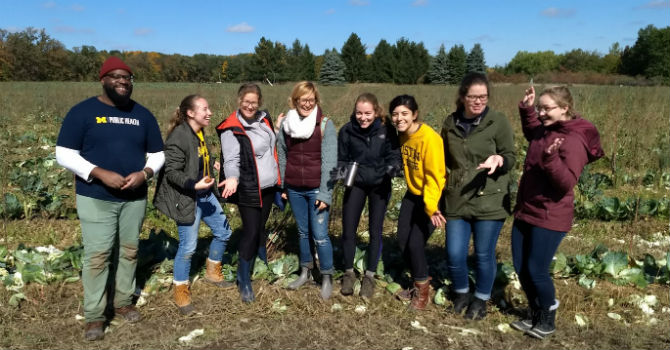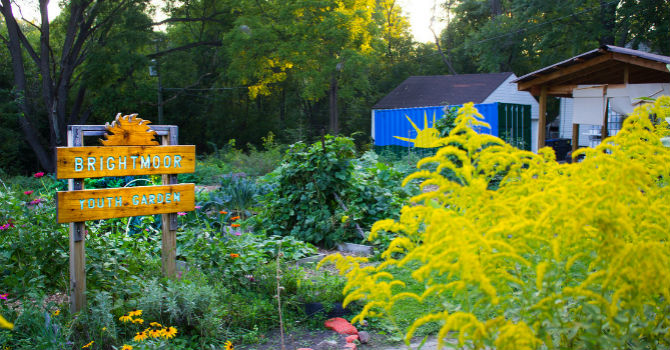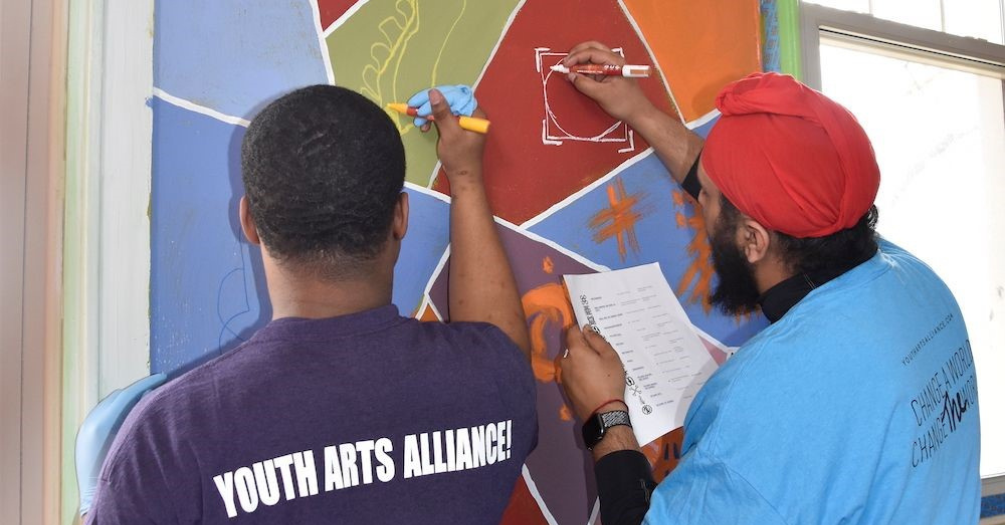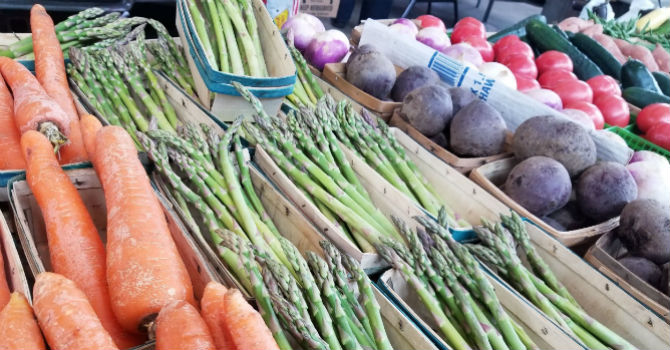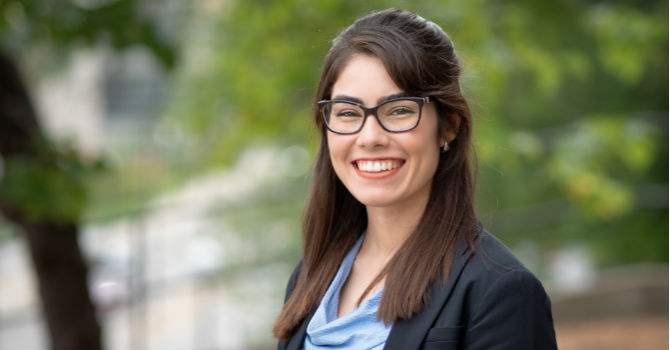"Inside" from the Outside
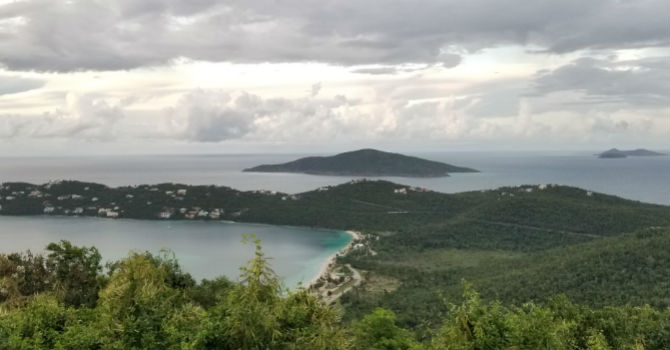
Caleb Ward, Epidemiology Student
November 21, 2019, Community Partnership, Disaster Relief, Practice
I often think about being an insider or an outsider. What does it mean be to one or the other? Is it determined by skin color, language, ideas, or maybe a myriad of these? Is it constructed by who we cheer for during international competitions like the World Cup or the Olympics? Do some communities / countries have different tolerance levels for outsiders? If so, why? And more personally, everywhere I go, I ask myself that simple question about being inside or outside: do I belong here?
Obviously, I was an outsider in the US Virgin Islands. Asking where you belong is not just important for establishing self-identity, it also has crucial Public Health implications. During my time in USVI, we performed a Community Assessment for Public Health Emergency Response (CASPER). This involved going door to door and conducting a 15-20-minute interview. This survey was initially done in response to Hurricanes Irma and Maria and has been repeated every 6 months to assess recovery efforts. We conducted this survey on multiple islands, and I had a different team in each location. I was lucky enough to always be matched with a local, an insider.
Having an insider on your team is essential. Every group keeps a record of how many houses they visit and how many times the survey is completed, and we refer to this as the response rate. No one would argue with me if I said that an insider would have a better response rate than an outsider. This is easy to understand, we as humans are more likely to respond to those that walk, and talk like us. We trust our insiders to better understand and advocate for our needs. During our training, we were told of a cultural norm to yell “inside” when approaching someone’s house. This act announced your presence and was equivalent to a loud knock on the door. Often, I would ask my teammate to yell “inside” rather than doing so myself. I was the outsider, I was shy, I felt I wasn’t qualified to yell “inside”.
Community invitations are needed for getting useful data, and there is no one better to ask for that invitation that a member of that community. I felt our team worked best when my local partners would do the introductions and then I would do the survey. Being an outsider is nothing to be ashamed of, it should be embraced for its unique position. Having that fresh, new perspective, can be very valuable. And after important self-reflection we can add value to our team.

